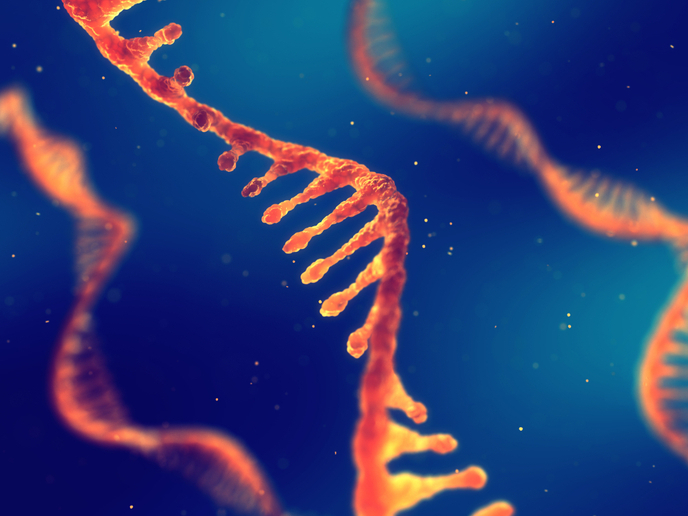How to characterise cellular identity by single-cell RNA sequencing
Understanding the genetic make-up of individual cells is crucial to determining how they differ in conditions such as cancer and immune and metabolic disorders. Recent years have seen a growing interest in the therapeutic targeting of ribonucleic acids (RNAs) – a key intermediary in the expression of genetic information – thanks to their central role in biological processes. Partially supported by the two EU-funded projects CHROMABOLISM and EpigenomeProgramming, a team of researchers has developed a technique to analyse more precisely the effect of specific drugs in isolated pancreatic tissue by using a refined single-cell RNA sequencing method. The researchers have published their study in the journal ‘Genome Biology’. A press release by the CHROMABOLISM and EpigenomeProgramming projects’ host institution, Research Center for Molecular Medicine of the Austrian Academy of Sciences (CeMM), states: “Their study … describes the technique that they have developed to overcome the problem of contaminating RNA molecules in single-cell transcriptomics, which allowed for accurate results of dynamic drug responses in pancreatic cells.” It adds: “These findings will support the development of targeted drug therapies for the treatment of Type 1 diabetes in the future.” Transcriptomics refers to the study of transcriptomes – entire RNA transcripts present in an individual cell or a population of cells – to investigate gene expressions. As explained in the same news release, the regions of the pancreas that contain its endocrine (hormone-producing) cells known as the islets of Langerhans, contain beta, alpha and delta cells. Beta cells secrete insulin, a hormone that plays an important role in regulating glucose metabolism. In the case of type 1 diabetes, a chronic disease, “the body’s immune system mistakenly attacks and destroys the pancreas’ insulin-producing beta cells,” as noted in the news release. “Regenerative medicine aims to replenish beta cell mass, and thus support and ultimately substitute the current insulin replacement therapies. Alterations to islet composition, including insufficient beta cell function and beta cell dedifferention, also contribute to type II diabetes.” It contnues: “Therefore, a deeper understanding of the identity and crosstalk of the different islet cell types leads to a better characterization of both forms of diabetes and may contribute to the development of novel therapeutic concepts.”
Powerful technique
According to the CeMM news release, although there have been recent advances in single-cell transcriptome profiling, these “approaches remain technologically challenging given that the miniscule RNA amount present is entirely used up in the experiment. Therefore, it is essential to ensure the quality and purity of the resulting single cell transcriptomes.” The news release explains how the researchers “identified unexpectedly high hormone expression in non-endocrine cell types, both in their own dataset as well as other published single cell studies.” It adds that the researchers wanted to clarify “whether this would be the result of contamination by RNA molecules, for example from dying cells, and how it could be removed to obtain a more reliable dataset.” Their objective “was to develop, validate and apply a method to experimentally determine and computationally remove such contamination.” The CHROMABOLISM (Chromatin-localized central metabolism regulating gene expression and cell identity) project focuses on facilitating the investigation of chromatin-associated vulnerabilities at an unprecedented level of depth. The EpigenomeProgramming (An experimental and bioinformatic toolbox for functional epigenomics and its application to epigenetically making and breaking a cancer cell) looks at the role of epigenetics in cancer. For more information, please see: CHROMABOLISM project EpigenomeProgramming project
Keywords
CHROMABOLISM, EpigenomeProgramming, type 1 diabetes, ribonucleic acid, transcriptome



